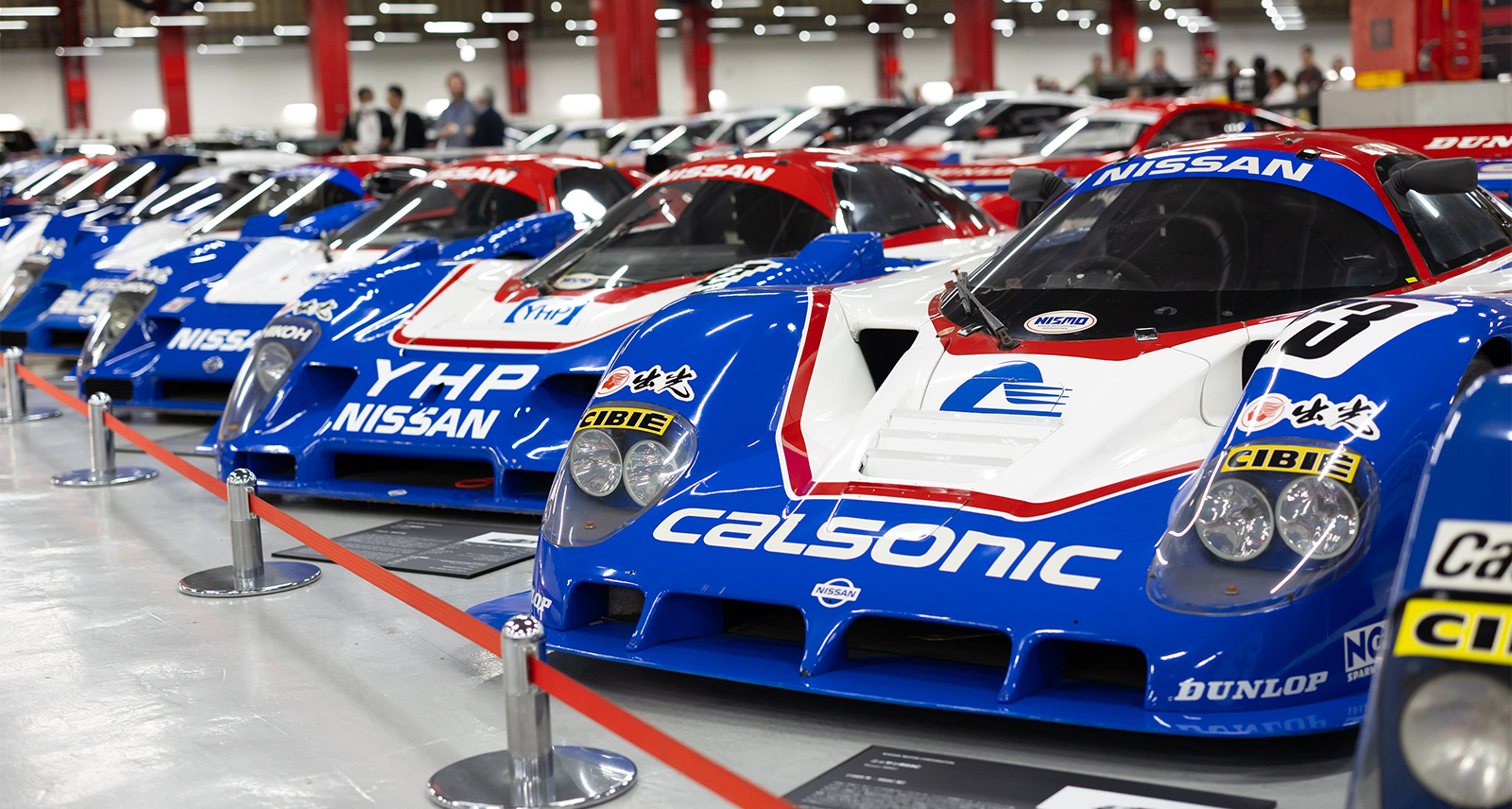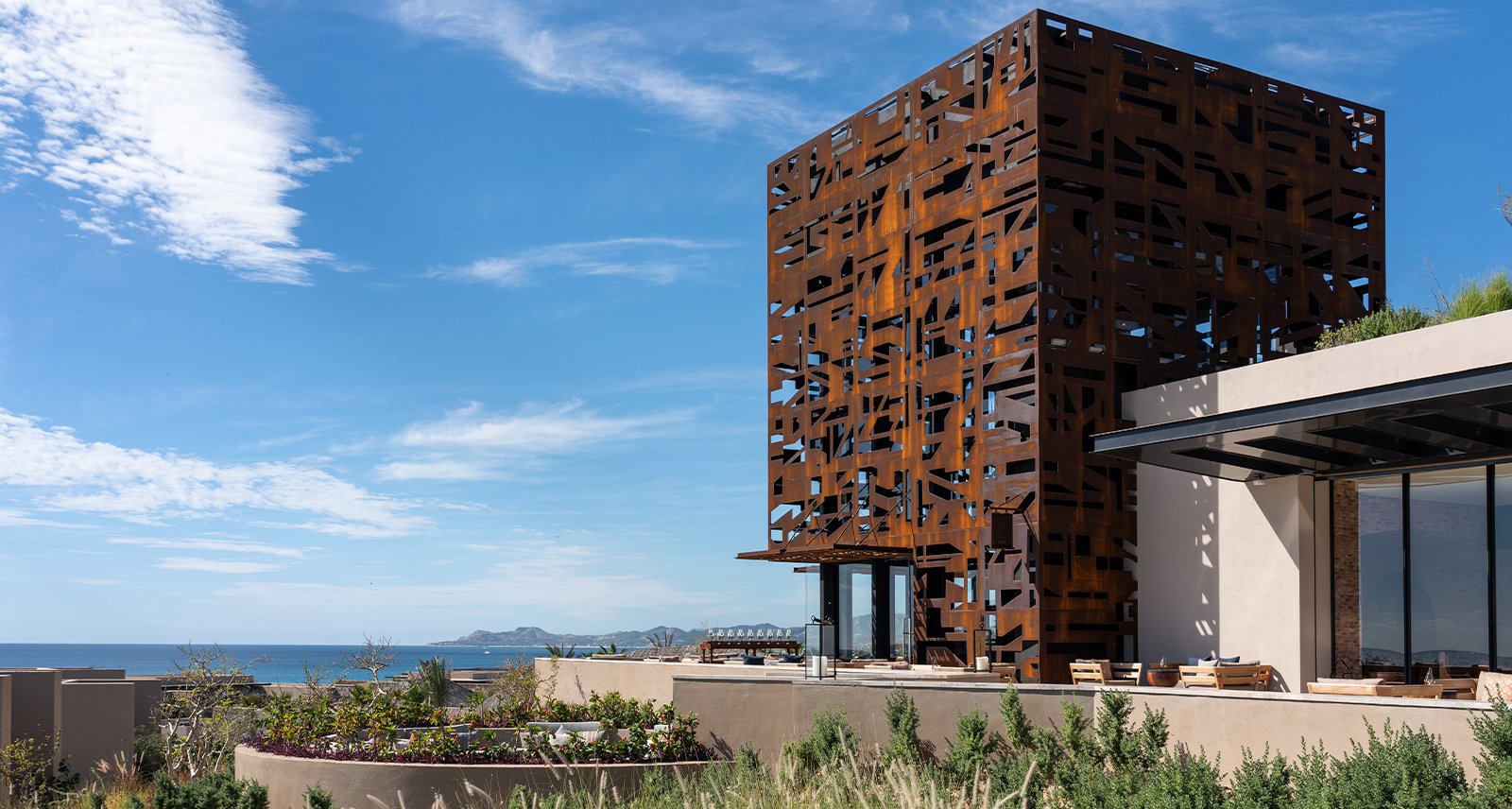David Baazov and the Future of Online Poker
Picture Baazov at 17, standing in a Montreal restaurant, trying desperately to sell its much-older male owner on his first business, a coupon venture called Discount Pack. At the time, he couldn’t afford to put gas in his car, had no capital to his name and no entrepreneurial experience whatsoever. But he was certain his new scheme would work.
“I still remember my first meeting,” Baazov recalls with a laugh. “He asked me for a business card, and I didn’t have one. And he asked me for pricing. I didn’t have the answers…He looked at me and said, ‘Son, go do your homework and come back.’” The next day Baazov printed ink-jet business cards and ran his numbers. He closed the deal — and never looked back.
Born in Haifa, Israel, Baazov was raised in the west island of Montreal, in a conservative, Modern Orthodox Jewish home. His construction worker father laboured at several jobs to support the family. “I maybe didn’t have the nicest Nikes,” Baazov admits. Being the second youngest of six siblings, he wore a lot of hand-me-downs.
I don’t let people see any doubt on my side. Even though I may have some.
It was a close, family-focused household — busy, noisy, full of life, full of people. A highlight of the week was walking to synagogue on Saturdays with his father.
But Baazov had his eyes on the wider world. School often didn’t go so well. There were calls from principals. He was smart, especially in math. But he strained his relationships and soon got booted out. “At the time, I felt like I wasn’t learning anything,” he explains. “I wanted to do something that was impactful. I wanted to see a tangible return — to feel like I’m accomplishing something. I didn’t want to invest a few years to then get a degree, to then have to go and do something. I wanted to do something now.”
After Discount Pack ran its course, Baazov moved on to a computer re-selling business, eventually winning a coveted contract from the Montreal Public Library that transformed the venture into a $20-million business. “It was a massive milestone,” he recalls. “I’m walking into this meeting and I am the only one who doesn’t own a suit. But I walked away with it. I delivered it. It was huge.”
***
Fast forward 15 years, to 2013. By now, the computer outfit had had legal issues and gone bankrupt — and Baazov had moved on to found Amaya, a tech gaming company he successfully took public in 2010. He’d been steadily acquiring assets in the gambling industry, and was now bringing in $146 million in revenue.
Baazov had his eye on the Rational Group; it owned the absurdly profitable site PokerStars and raked in $1.1 billion a year in revenue. He was after its zealous customer base (then 89 million users). The acquisition was so unlikely, so pie-in-the-sky, that when he went to his CFO, Daniel Sebag, with the plan, his reply was: “Please do not waste one minute of your time on this.” To Baazov’s ears, that sounded a lot like: “Why not give it a shot?”
So he approached Rational’s owners — the reclusive Scheinberg family — again and again. They didn’t take him seriously. At all.
“Most entrepreneurs fail when doubt sets in,” Baazov reflects. “Doubt actually kills more deals than economics.” So Baazov put on his game face. “I don’t let people see any doubt on my side. Even though I may have some.”
His persistence paid off in early 2014, when the Scheinbergs were finally ready to make a deal.
“The Scheinberg family were no fools,” says Weitzner. “They unloaded a company that was facing serious legal problems and were being shut out of markets, thus hampering opportunities for growth in an industry already facing decline.”










